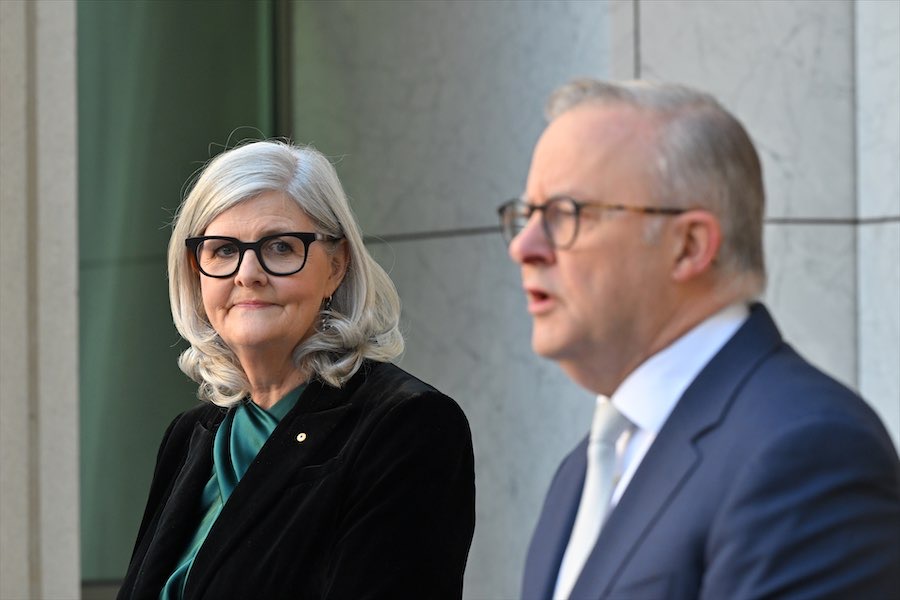Citizen DON AITKIN looks at the generational aspirations of his fellow Australians
AT a recent seminar, I heard discussions about how the public service should deal with citizens, especially in areas such as freedom of information, whistle-blowing, bad experiences with the bureaucracy, and the like.
It took me a while to realise that what we mean by “citizen” has changed a lot over time.
In ancient Athens, free-born men were citizens, but women and slaves were not. In late 19th century Australia some women had the vote but were not in other ways full citizens. But even when all had gained the vote and were apparently citizens of the new Commonwealth of Australia, how did they, women as well as men, see their role as citizens?
We can only answer such questions distantly. But since I know a good deal about my own family I can do a quick comparison over time. My father’s parents lived in Broken Hill, and my father went to school there without shoes, for his first years. The family was large and poor, and mining was risky and turbulent. What did my grandparents want as citizens?
We know from family lore that their great wish was for education, for all of the children, especially the boys. Broken Hill had primary schools and a high school. All the boys went right through, and all left Broken Hill, most to become teachers.
My parents were both teachers. What did they want? They had no daughters, but it was important for them that girls were educated as much as boys, and (given that they married in 1932, in the worst year of the Depression) that there be economic security for families. “Prosperity” was a distant dream, and neither had experienced it.
When my generation started to marry, in the late 1950s and 1960s, economic prosperity was alive and well.
What did we want, as new citizens? I think we wanted our governments to develop an Australia of which we could be proud, one that was creatively alive, one that had no cultural cringe – one that was accepted as a real place by the rest of the world (we were the first generation to travel extensively abroad).
My own children became citizens in the 1980s and 1990s, and their outlook is different. By and large, they see Australia as a good place, with a wide variety of possibilities and opportunities. As citizens, what do they and their generation want?
My guess is that they don’t regard our governments as the be-all and end-all of what happens in our country.
Perhaps my parents and grandparents had a similar view, but for different reasons – they had seen how powerless governments were to fix real problems.
Those born 20 or 30 years ago, I think, see governments more likely to get things wrong than to get them right. Our contemporary world is a complex place, and many of its younger citizens have had to learn its complexity through experience, and have no great wish to have governments make things even more complex, through what they see as meddling.
Australia is well provided with schools to a degree that would have astonished my grandparents. It is three to four times wealthier than was the case in the 1932, and the wealth is well distributed. We are a culturally creative society in a way hardly imagined in the 1950s.
Today’s citizens might well say that they need smaller rather than larger government. That’s not to say that we don’t have problems, but it seems likely, at least to me, that many of those problems have to be solved by the people experiencing them, with the support, but not the direction, of government.
What do you think?
Who can be trusted?
In a world of spin and confusion, there’s never been a more important time to support independent journalism in Canberra.
If you trust our work online and want to enforce the power of independent voices, I invite you to make a small contribution.
Every dollar of support is invested back into our journalism to help keep citynews.com.au strong and free.
Thank you,
Ian Meikle, editor




Leave a Reply